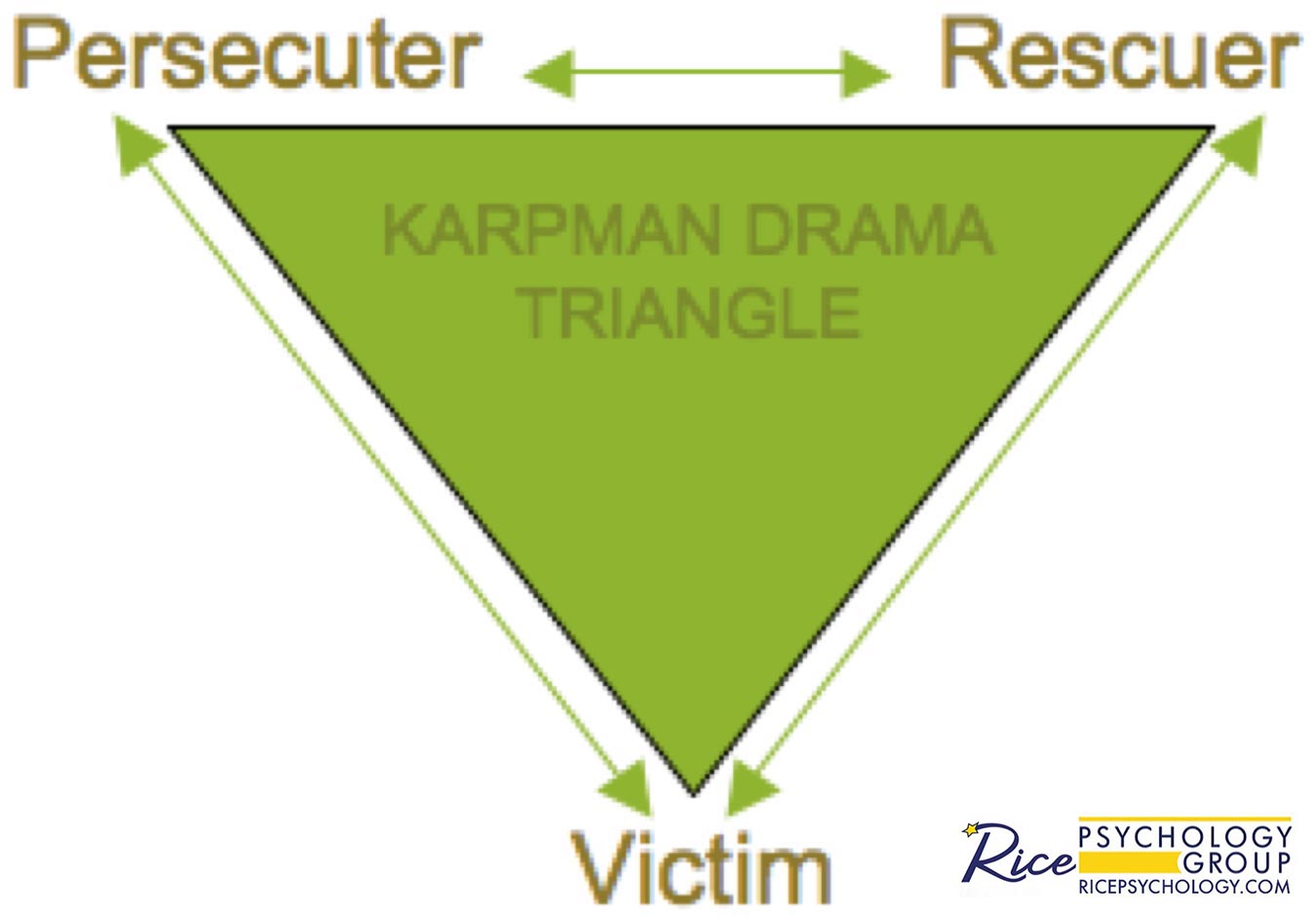Written by Matthew Rigberg, LHMC
 Jack and Jill have been married for 25 years. They’ve done a wonderful job in raising their four children who’ve already made their way in the world. Jack has generally been the breadwinner of the family and Jill is thinking about returning to college to finish her degree. Instinctually, he’s found himself acting nicely, yet presenting pessimistic outcomes as a way to dissuade Jill from making, what he feels like, is a drastic change. He tries arguing that her priorities are “not what is best for us” by devaluing her aspirations for an advanced degree and cites upcoming retirement, cost of tuition and the time commitment of college as a few of the reasons why he is having a difficult time supporting her choice. Jack asks himself, “What will happen if Jill becomes the breadwinner? How will I adjust to that?” The one thing he doesn’t want to do is make her feel like a victim by belittling her decision. He really wants to explore effective ways to settle this conflict so that both he and his wife are informed and in agreement about their future.
Jack and Jill have been married for 25 years. They’ve done a wonderful job in raising their four children who’ve already made their way in the world. Jack has generally been the breadwinner of the family and Jill is thinking about returning to college to finish her degree. Instinctually, he’s found himself acting nicely, yet presenting pessimistic outcomes as a way to dissuade Jill from making, what he feels like, is a drastic change. He tries arguing that her priorities are “not what is best for us” by devaluing her aspirations for an advanced degree and cites upcoming retirement, cost of tuition and the time commitment of college as a few of the reasons why he is having a difficult time supporting her choice. Jack asks himself, “What will happen if Jill becomes the breadwinner? How will I adjust to that?” The one thing he doesn’t want to do is make her feel like a victim by belittling her decision. He really wants to explore effective ways to settle this conflict so that both he and his wife are informed and in agreement about their future.
We’ve all dealt with a little bit of family drama in the past, but how have you overcome it? Are you fully aware of what drama is? If not, I hope this piece brings to light what it is and how we all find ourselves involved in it from time to time.
Rice Psychology Group understands that even joyous times can be filled with drama. If you need help dealing with it, then schedule an appointment with one of our therapists in Tampa today!
What is Drama?

As the topic of conversation with my clients shifts to spending time with family, I’ve found myself thinking about the Karpman Drama Triangle. According to the Oxford English Dictionary, drama is defined as “an exciting, emotional, or unexpected event or circumstance”.
Stephen B. Karpman, M.D. defines drama as “switches in role and location on a time continuum”. Dr. Karpman states that the “intensity of the drama is influenced by the number of switches in a time period and the contrast between the positions switched.” In other words, drama can emerge from two or more individuals changing roles, as you’ve read in the opening vignette.
Dr. Karpman developed his model of understanding conflict through his work involving relationships. He suggested that, through childhood exposure to fairy tales and other stories, we begin to develop a concept of conflict that’s illustrated below:
 Model by Steven B. Karpman, M.D
Model by Steven B. Karpman, M.DFor example, think of Cinderella as the victim, the Wicked Stepmother as the persecutor and the Fairy Godmother as the rescuer. Generally speaking, we all have a role in which we are most comfortable. One interesting dynamic that occurs is that the roles are fluid and often changing. This is in effort to maintain the comfort and familiarity of our preferred role.
Persecutor
When playing the role of persecutor, one is often angry, critical and blaming. Click To TweetWhen playing the role of persecutor, one is often angry, critical and blaming. The persecutor learns early on that when they become scared, they can become tough. If they can control everything around them, it makes the situation easier for them to handle.
Victim
As an adult, a victim becomes easily overwhelmed, lacks confidence and suffers frequent anxiety. Click To Tweet
The polar opposite of the persecutor is the victim. The person often lacks the opportunities to develop the self-confidence that comes from learning to manage problems on their own. As an adult, a victim becomes easily overwhelmed, lacks confidence and suffers frequent anxiety. To handle these feelings, the victim looks to the rescuer, who takes over and helps alleviate the discomfort.
Rescuer
The rescuer is sensitive to others as a means of coping. Click To TweetThe rescuer is sensitive to others as a means of coping. Often, this role fosters the development of a strong perceptive radar that can pick up the nuances of emotions. It is common for this individual to expend energy surveying their environment, ever ready to step in when help is required. The rescuer is externally rewarded for keeping peace and internally rewarded by feeling helpful.
Needless to say, the way to disengage from the drama triangle is to treat and be treated like an adult. The adult is not in a role, is proactive rather than reactive, self-responsible rather than blaming and is outside the triangle. Adults are peers; they are on the same level in terms of power.
The adult says:
- I’m responsible for what I think, do and say.
- If something bothers me, it is my problem.
- If you can do something to help me with my problem, I need to tell you, because you can’t read my mind.
- If you decide not to help me, I’ll need to decide what I’m going to do next to fix my problem.
- If something bothers you, it is your problem.
- If there is something I can do to help you with your problem, you need to tell me.
- If I decide not to help you with your problem, you can work it out.
- You may not handle it the way I might, but you can do it. I don’t need to take over.
Finding the Answers You Need
I hope you will find utility in using the drama triangle as a frame for better understanding interactions and to help explain why relationship patterns seem to repeat themselves or why you feel “stuck”. Of course, my colleagues and I are more than happy to discuss interpersonal alignment and ways to improve communication with you!

